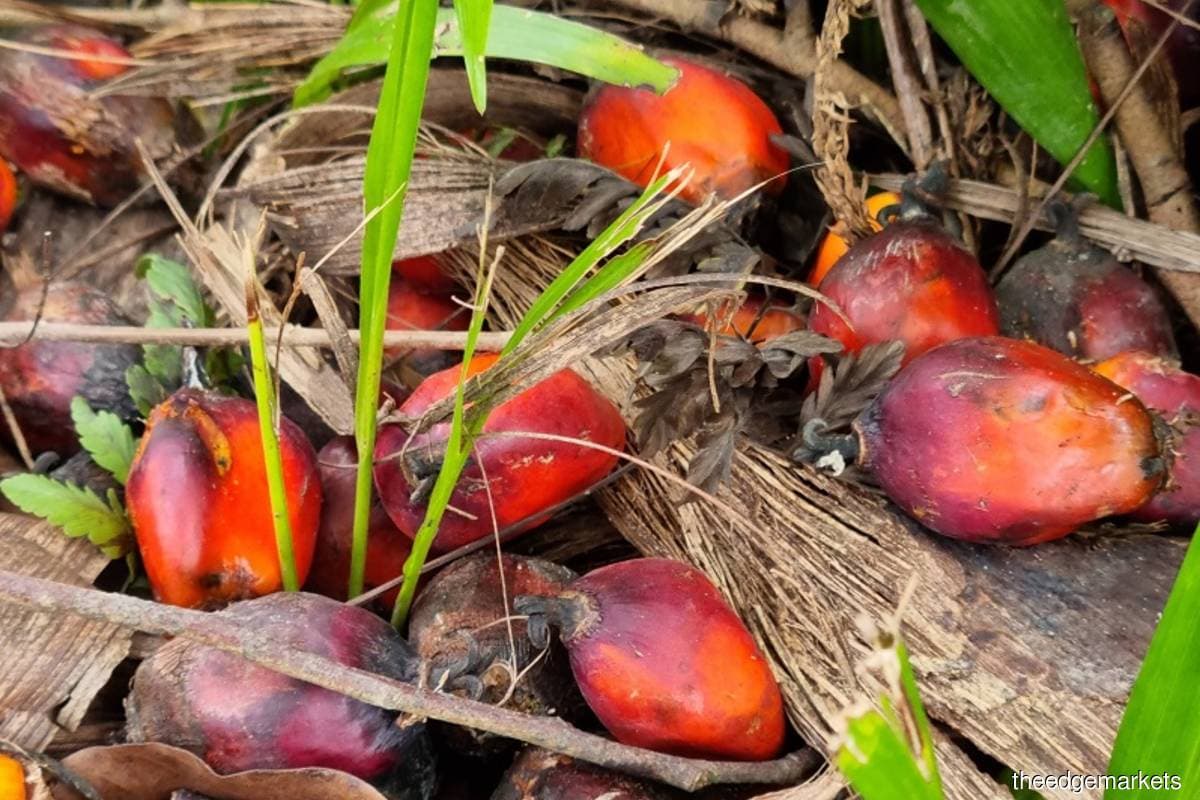
KUALA LUMPUR (Feb 15): ASEAN plantation stocks may be back in vogue, says JP Morgan, noting that foreign investors who are less tied up with sustainability metrics are unable to ignore the strong crude palm oil (CPO) price rally.
The bank upgraded its call on the ASEAN plantation sector to “overweight” and also upgraded its CPO price assumption on Tuesday (Feb 15), citing supply concerns amid years of reduction in new planting.
In a note, JP Morgan Malaysia equities research head Jeffrey Ng said rotation into inflation proxies (commodities) might persist amid “rising interest from non-ESG-bound foreign funds” and low domestic institutional holdings, coupled by prospects of US rate hikes.
This is on the back of consistent cuts in Indonesia’s new planting since 2012, as well as Malaysia’s replanting efforts, which could mean that near-term supply growth will decelerate.
“As we think the CPO upcycle might last over two years due to the reasons mentioned above, we think planters’ valuations have hit an inflection point,” Ng said.
“The sustainability of this rotation hinges on market perception of the CPO price outlook,” he added.
CPO prices settled at a fresh record of RM5,657 per tonne on Tuesday, having scaled new highs this week on expectations of improved demand following India’s import tax cut. The commodity has risen by over 20% this year.
Ng forecasts CPO price to be at around RM5,000 in 2022 and 2023. The assumption is below spot, taking into consideration revenue taxes.
Ng upgraded to “overweight” calls for Sime Darby Plantation Bhd (target price: RM6.80), Kuala Lumpur Kepong Bhd (TP: RM30), and Genting Plantations Bhd (TP: RM12). He also raised IOI Corp Bhd to “neutral” (TP: RM4).
For valuation, the analyst switched to sum-of-parts of lands and downstream assets, from price-to-earnings ratio (PER), citing “the disconnect between share prices and the CPO price”.
“Planters are trading at single-digit PER, free cash flow yields are rising, the average dividend yield is circa 4%, and 2022 might see circa 35% profit growth,” said Ng.
“A rising tide may lift all boats, but we advise investors to pick planters that have well-defined ESG frameworks to avoid negative publicity risk,” he added.